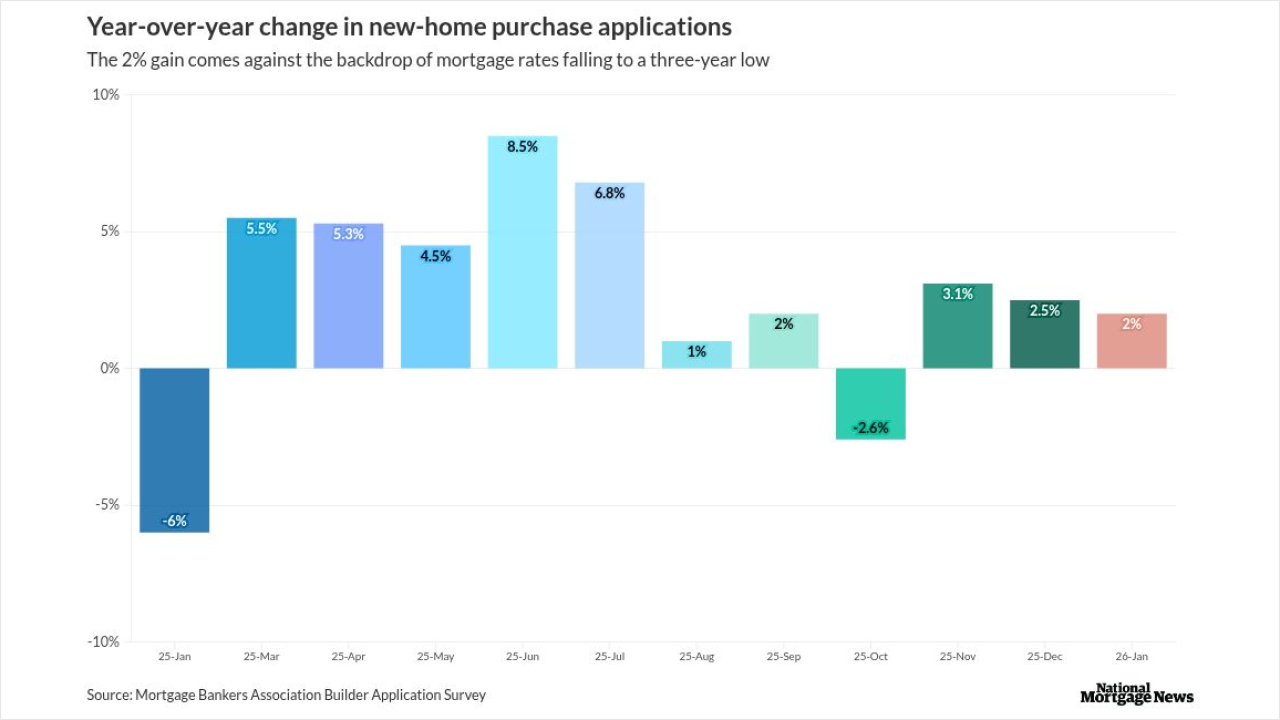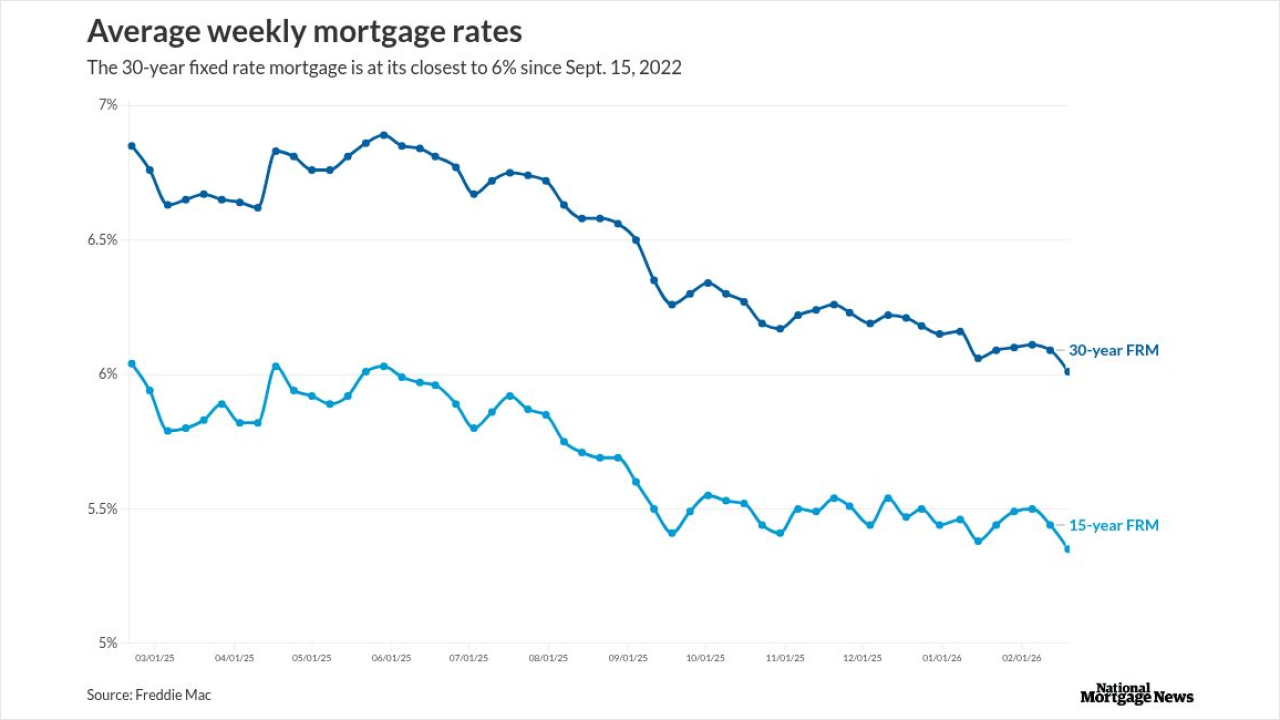A recent U.K. court decision is creating uncertainty about whether securitizations can rely on a double tax treaty for relief from withholding taxes.
Market players in London disagreed about the significance of the case, which pitted Indofood International Finance Ltd. against JPMorgan Chase Bank.
One tax expert called the ruling by the U.K. Court of Appeal "potentially devastating" for the ABS market. "Because of this court decision, you have an area of doubt opened up, and doubt is poisonous to securitizations," said John Cullinane, a partner at Deloitte & Touche in London and chairman of the European Securitization Forum's recently formed Tax Working Group.
But a securitization lawyer said the case involves rare circumstances, and the ruling cannot be widely applied. "Irrespective of whether it gets overturned on appeal, we think it will have narrow relevance and perhaps irrelevance for the securitization industry," said Mark Nicolaides, a securitization partner at the law firm Mayer, Brown, Rowe & Maw in London.
The deal that prompted the case was not a securitization. But the decision by the U.K. Court of Appeal analyzes the issue of "beneficial interest" - an important concept for double tax treaties. These treaties, set up between two countries, allow companies involved in a cross-border transaction to reduce their tax liabilities if certain conditions are met.
What the court said in its March ruling raises doubt about whether some securitizations might be entitled to benefit from a double tax treaty.
"The case is potentially very wide in application," said Liz Jones, assistant general counsel for Standard & Poor's in London. "But there is some uncertainty as to how and to what extent it will be applied."
In a legal brief S&P issued last week, Jones recommended issuers take the Indofood case into account when structuring transactions.
Structures that are designed to take advantage of a double tax treaty - particularly those involving passthrough or conduit-style arrangements - might be ineligible for withholding tax relief, Jones said. This could result in transactions failing to make full payment of interest to creditors or even terminating early, she said.
Details of the case
Mayer Brown's Nicolaides described the facts in the Indofood case as "extremely narrow and rare." Because the ruling is based on an unusual situation, he believes it has little relevance for the market in general.
Indofood, a Mauritius-based company, issued notes guaranteed by its Indonesian parent. Then it loaned the proceeds to the parent.
When the deal closed in 2002, a double tax treaty existed between Mauritius and Indonesia, so loan interest was not believed to be subject to withholding tax. But the treaty terminated three years later, and Indofood sought to redeem the notes early. JPMorgan, the trustee, objected, saying the terms of the deal required Indofood to take reasonable measures to avoid an early redemption. JPMorgan proposed setting up a Dutch company to take advantage of a double tax treaty with that country. It contended that would be a reasonable measure to avoid the withholding tax.
The initial court ruling sided with the trustee. But on appeal, the court found that neither the interposed Dutch company nor, under the original structure, the issuer, was entitled to treaty relief. That's because, according to the court, the Dutch company was not "beneficially entitled" to the interest.
Nicolaides said the Dutch company obtained money and lent it on identical terms - which is different than what a special purpose vehicle in a securitization would do. "It is more than just a pure passthrough on identical terms, as existed in this deal," he said. He added that the court decision arose from a commercial dispute - which makes it much less alarming for the securitization industry. "It is not the result of an attack on any SPV structure by a tax authority," he said.
Cullinane said he believes that argument s about the case having a limited application are persuasive. But he said it remains to be seen how the uncertainty created by the court ruling will play out. "Hopefully, it would turn out to have narrow relevance," Cullinane said. "But it is causing a bit of concern at the moment." The ESF's Tax Working Group has yet to discuss the issue, and he is unsure what plan of action the group might devise.
Avoiding the problem
Nicolaides said the way a deal is structured could avoid the issues raised by the court ruling in the Indofood case. "There's no clear statement anywhere that says, If you do it this way, it's OK,'" he said. "But the important thing is to structure the transactions so that they make economic sense and the company can in good faith argue that it is the beneficial owner of that asset."
He said the amount of money going into a special purpose vehicle needs to be different than the amount paid out - and that tends to be the case with securitizations because a small sum is taken out of the top of the waterfall for shareholders of the charitable trust.
"What one needs to do generally speaking is to distinguish between the terms on either side of the SPV. A classic way of doing that is to have the SPV acquire a loan, for example, and then on the other side it raises funds through a total rate of return swap," he said.
"Giving the company in the middle an economic incentive if the transaction works out well is also helpful. If it makes money, it gets to keep it and distribute it to shareholders." Another solution is to have the SPV do several transactions, "not just do one deal where there are identical terms on both sides," Nicolaides said.
Sandy Bhogal, a tax associate at Mayer Brown, also argued that the court ruling applies to the Dutch company in this case specifically and is unlikely to have a broader impact on the market in general. "This particular case was purely about a situation where they were doing nothing other than trying to obtain favorable tax treatment," Bhogal said. "That's the technical reason we feel this case would have a relatively narrow scope."
(c) 2006 Asset Securitization Report and SourceMedia, Inc. All Rights Reserved.
http://www.asreport.com http://www.sourcemedia.com





